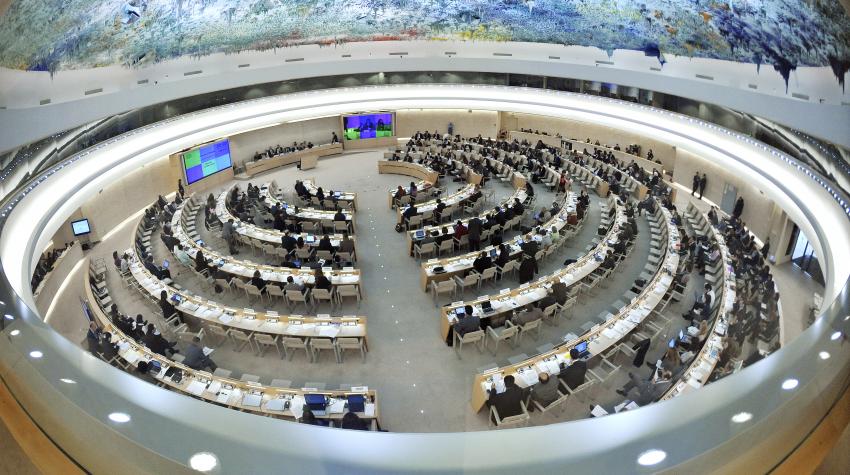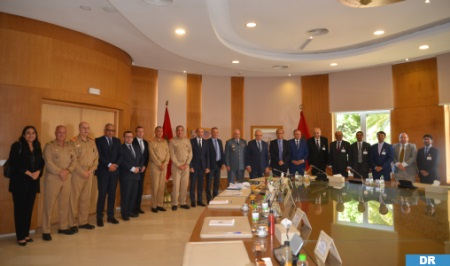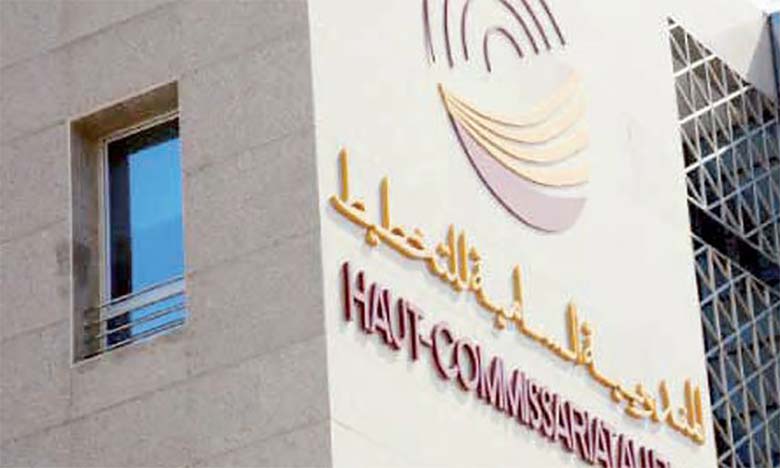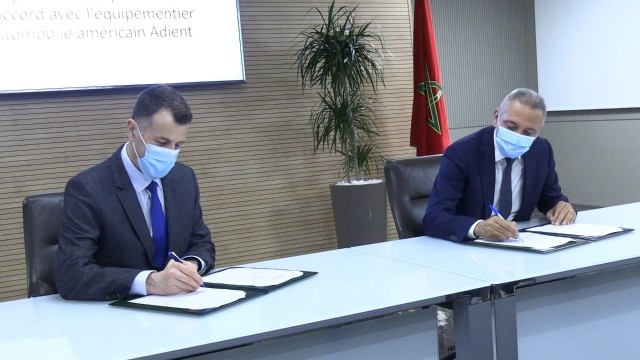Algeria and its ally South Africa have both ensued a painful diplomatic setback when Morocco won the presidency of the UN Human Rights Council by a comfortable majority of votes.
The two resource-rich African countries have waged a campaign against Morocco’s bid using all sorts of propaganda in defiance of an African consensus backing Morocco’s candidacy.
The end-result was a crushing defeat for their schemes to smear Morocco’s reputation leading to a humiliating defeat of the South African candidate who only received 17 votes, compared with 30 votes in Morocco’s favor, out of 47 votes in total.
The vote is an eloquent expression of the standing and weight of each of Morocco and South Africa at the international level. It reflects the influence and credibility of each state and its perception as far as human rights are concerned.
South Africa and Algeria are two countries led by a single party since the end of apartheid and French rule. While in authoritarian Algeria the military is the Kingmaker, South Africa is an electoral democracy where corruption, violence and nepotism are rampant.
After failing to use their abundant resources to develop what was once Africa’s most developed economies, the two regimes use memorial as they seek to build legitimacy by invoking the past struggle against apartheid and French colonialism to mask their failure to build functioning democracies and economies.
The two countries failed to look in the mirror before unleashing their propaganda campaign against Morocco. They both said Morocco should not take the presidency of the council, citing uncorroborated rights abuses in the Moroccan Sahara, a conflict they are both responsible for perpetuating after they pre-judged the UN-peace process and recognized the imaginary SADR republic- an Algerian proxy militia.
Africa
Moroccan ambassador Omar Zniber told news agencies that Morocco’s bid has Africa’s support. This puts Algeria and South Africa outside the African consensus.
While Morocco has a centuries-old African policy permeated by productive investments, south-south cooperation, including in vital fields such as fertilizers, education, banking sector and infrastructure, Algeria and South Africa have often dealt with Africa in a condescending manner.
On migration in particular, Morocco has advocated a paradigm shift giving the example by offering residency permits to tens of thousands of Sub-Saharan migrants and urging Europe to clean break with its security approach to the issue.
Algeria and South Africa have kept a security approach that replicates the apartheid regime and the atrocities of French occupation. Algeria in particular still abandons migrants in the Sahel desert and South Africa’s ANC has shocked the continent by its violent treatment of illegal migrants.
Mired in ideological anachronism, memorial rent and corruption, the Algerian and South African regimes have come to symbolize all that African nations are battling.
Morocco’s UN Human rights Council inroad should serve as a reminder to both Algeria and South Africa that they have been diplomatically punching above their weight and that they should look within to their own troubled political, rights, and economic realities before trying to project influence in international forums.



